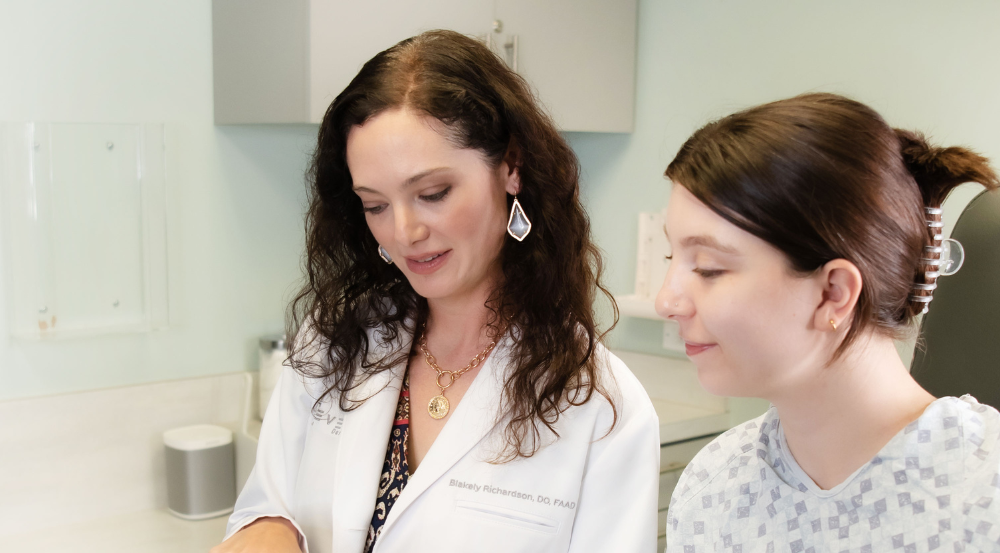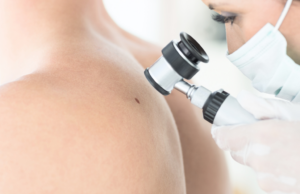live in healthy skin
the revelus experience
At Revelus Dermatology, we stand at the intersection of cutting-edge science, hands-on expertise, and heartfelt care. Our Austin-based team, led by experienced, board-certified professionals, is committed to lifelong learning. We believe in offering the highest-quality, medical-grade skincare that's both effective and ethically grounded.
With Revelus Dermatology, you're not just a patient – you're part of a community centered around trust, authenticity, and a dedication to skin health.

what our patients say
Dr. Richardson’s accurate treatment plan resolved the acne I was struggling with for years. I’ve been a patient here for 3 years and am so glad I chose Revelus. The nurses and aestheticians seem genuinely invested in their patients’ care.
This place is awesome. Dr. Patel and her assistant (I’m sorry I forgot your name!) we’re absolute legends with how they informed me of what options I had and what they suggested and also how I was treated. I wish I had more moles that needed looking into.
Saw Vanessa Yawn and she was very nice and fun and did a great job of looking me over and seeing what moles needed to go and what could stay and what would he covered under insurance and what wouldn't. Great experience 🙂
I've been seeing Dr. Richardson for several years now and she is wonderful! Jessica is fantastic too. The entire team is great, as a matter of fact. Definitely recommend. In addition to quality service, they treat you like a family.
experience excellence at our central austin clinic
Discover Revelus Dermatology's elegant facility, designed with your comfort and safety in mind. Nestled in a central location, our clinic goes above and beyond the standards of medical safety, staffed with knowledgeable and caring professionals. Your positive experience, whether it's a medical consultation or a CoolSculpting Elite session, is always our priority.










